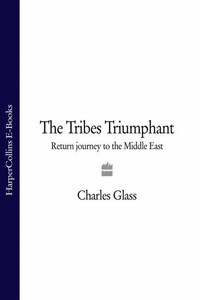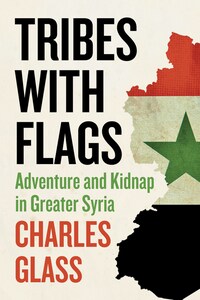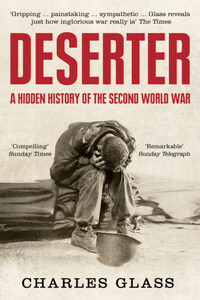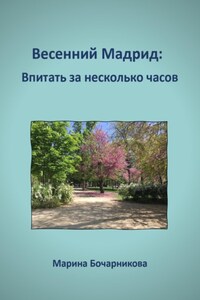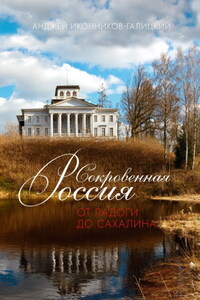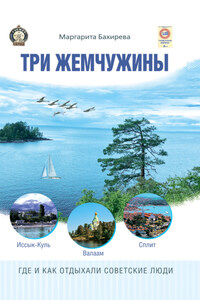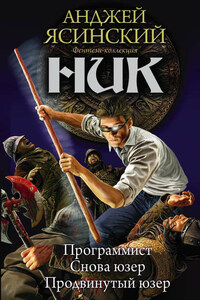IT WAS NOT ENOUGH to sail or drive to Aqaba. I had to take it by force, galloping with Arab tribal warriors to the gates of its ancient fortress, storming the citadel and raising the colours above the battlements. The Ottoman Red Sea garrison would surrender, as it had to Captain T. E. Lawrence in the summer of 1917, or my sword would taste the defender’s flesh. All Syria – its sandy plains and snowy summits, oases and castles, nomad camps and ancient cities, fractious and competing believers in the One God – would lie open to my advance.
Years later, of course, I might regret it. Lawrence of Arabia certainly did. Was Johnny Turk any worse to the Levant than his successors – Britain, France, America and the advocates of Zionist colonization? A region that had remained united for four centuries within the Ottoman Empire – and for many more Hellenized centuries before that – was divided, abused and rendered impotent. Lawrence himself acknowledged his betrayal of the Arabs, as America’s Lawrences later confessed their treachery to the brave Afghan tribesmen who had beaten back the Soviet empire. Foreign adventurers promising freedom to the earth’s wretched – among them the Arabs of 1917 and the Afghans of the 1980s – knew in their souls that what they offered the native warrior was so much dust. Empires employed the indigenes to destroy rival empires: the British vanquished the Ottomans, as America did the Soviets, with local trackers, guides and killers.
I was halfway from London to Aqaba, by train and ship, when massacres of my countrymen in the United States altered the nature of a journey I had been contemplating for fourteen years. My intention was to complete a Levantine adventure. In 1987, while on my way from Alexandretta in southern Turkey to Aqaba in Jordan, politics stopped me dead. In Beirut, a Shiite Muslim militia, the Hizballah, cast me into chains. After my escape, I returned home to my family in London rather than resume the journey south. The Hizballah had kidnapped many other foreigners for political ends; and it had nurtured the suicide bomber, that mysterious and sometimes anonymous figure who expelled the US Marine Corps and the Israeli occupation forces from Lebanon. The tactic of the human delivery mechanism reached its horrible fruition in the wilful murder of thousands of innocent human beings in New York, Washington and western Pennsylvania on 11 September 2001. I was in Florence when it happened.
After watching the World Trade Center’s towers collapse on Italian television, I called friends in New York’s downtown. The telephone lines were down. It did not occur to me that the mass murders in the United States would affect my plans, until Julia, my sixteen-year-old daughter, called from England. Seeing the destruction of a solid structure from which we had enjoyed the Manhattan vista the previous summer shocked her. Making a connection that I had not, she feared that the events we had witnessed via our televisions would have an impact in the Middle East. American administrations had bombed Muslim countries for less, and Julia worried that people in the Arab world would attack American citizens in revenge for American vengeance. I promised her that, if I anticipated any threat to myself, I would come home.
I had already reserved a wagon-lit that night to Brindisi on Italy’s east coast and berths on ships from Brindisi to Greece and Greece to Port Said. That would leave time to cancel if an outraged Arab world reacted by killing or kidnapping the Americans in its midst. Julia’s entreaties had the effect of making real to me the horrors that I had yet to absorb in the preceding hours. Her life had perhaps made her more sensitive to political danger than most children in the complacent West. Political-religious revolutionaries in Lebanon had abducted her father when she was two. The father of two of her close friends, British military attaché Colonel Stephen Saunders, had been assassinated in Athens by the notorious November 17th group two years earlier. As she worried for me, I thought of my older son, George, in Turkey. Although no harm was likely to reach him there, I called him, as Julia had me. I asked him to return to Rhodes, where my ship was stopping. We could sail on together from there. Thus, under threat, we seek refuge among our own tribes – in this instance, among fellow Christians in Greece – lest we offer targets to the other side. Rhodes, itself a haven to Knights Hospitaller driven from the Holy Land in 1309, lay close to the Turkish shore on the frontiers where Islam brushed against Christendom. No harm came to any Westerners in Turkey.
